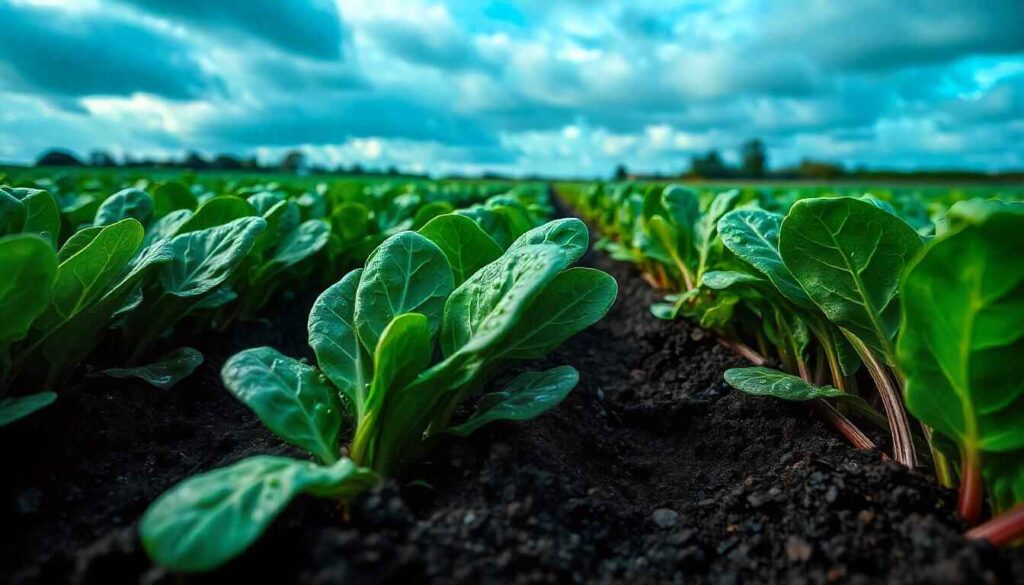10 Things to Consider Before Buying a Farm Plot

Buying a farm plot can be a rewarding investment, whether you’re looking to start an agricultural venture, build a serene getaway, or simply diversify your assets. However, purchasing farmland requires careful planning and consideration. Here are 10 essential things to keep in mind before buying a farm plot:
1. Location Matters
The location of the farm plot is critical. Consider proximity to markets, transportation hubs, and essential services. If you’re planning to cultivate crops, ensure the area has favorable weather conditions for your chosen produce.
2. Soil Quality and Fertility
The productivity of your farmland depends on its soil quality. Conduct a soil test to assess fertility, pH levels, and nutrient content. Fertile soil will reduce the cost of fertilizers and ensure better yields.
3. Water Availability
Water is a crucial factor for any farm. Check the availability of water sources such as wells, rivers, or irrigation systems. Reliable water access is essential for both farming and personal use if you plan to build a home on the plot.
4. Legal Documentation
Verify the legal status of the land. Ensure the seller has a clear title and that there are no disputes. Check for encumbrances, liens, or claims on the property. This step is crucial to avoid legal complications in the future.
5. Zoning and Land Use Regulations
Understand the zoning laws and land use regulations for the area. Some plots may be restricted to agricultural use only, while others may allow for residential or commercial development.
6. Accessibility and Infrastructure
Evaluate the accessibility of the farm plot. Good road connectivity and nearby infrastructure, such as schools, hospitals, and markets, can add value to the property. This is especially important if you plan to live on the farm.
7. Climate and Weather Conditions
Research the local climate and weather patterns. Certain crops and farming activities thrive in specific conditions, so it’s essential to ensure that the environment suits your plans.
8. Future Development Potential
Consider the potential for future development in the area. Plots for sale in regions with upcoming infrastructure projects or urban expansion are likely to appreciate in value.
9. Cost and Financing
Set a budget and explore financing options if needed. Compare the cost of the farm plot with similar properties in the area. Don’t forget to account for additional expenses like registration fees, taxes, and development costs.
10. Neighborhood and Community
Finally, assess the surrounding neighborhood and community. A supportive farming community can be an invaluable resource, offering advice, labor, and access to shared resources.
Conclusion
Buying a farm plot is a significant decision that requires thorough research and planning. By considering these 10 factors, you can ensure a smooth purchase process and make the most of your investment in farmland. Whether you’re looking at plots for sale for farming, building a home, or investment purposes, these tips will guide you in making an informed decision.
Explore Farm Plots for Sale with Archy Farms
Additional Tips for First-Time Buyers
Seek Expert Advice
Consult with real estate agents or agricultural experts who specialize in farmland transactions. Their insights can help you make an informed decision.
Visit the Property
Always visit the farm plot in person to evaluate its condition and surroundings. Photos or descriptions alone may not reveal crucial details.
Check for Utilities
Ensure the availability of essential utilities like electricity, internet connectivity, and drainage systems, especially if you plan to live on the property.
Plan for Maintenance
Owning farmland comes with maintenance responsibilities. Factor in the costs and efforts required to maintain the land.